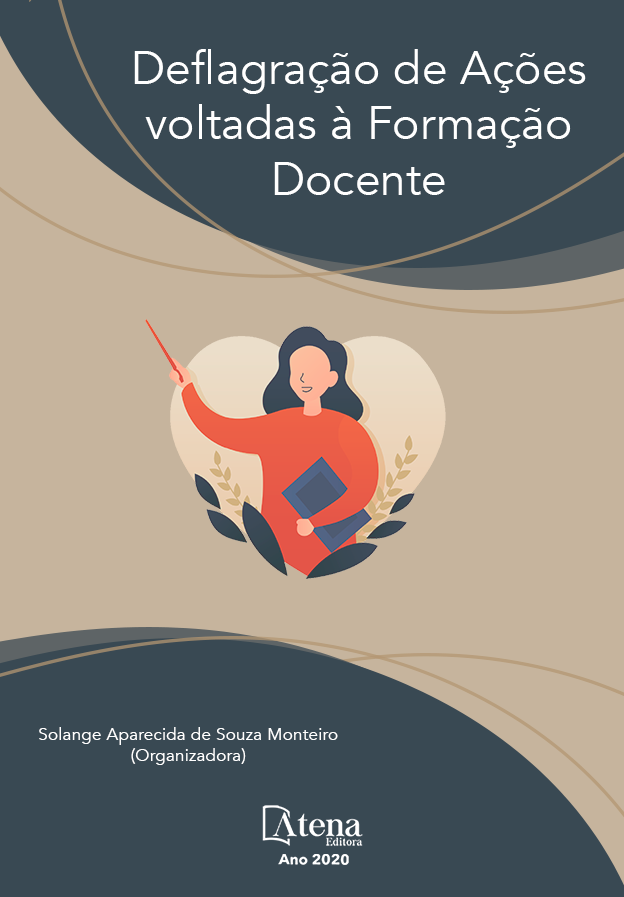
CONFESSIONALIDADE PROTESTANTE NAS INSTITUIÇÕES DE ENSINO SUPERIOR: DESAFIOS E PERSPECTIVAS
A confessionalidade no ensino superior tem enfrentado grandes desafios quanto a secularidade e o pós-modernismo, sendo assim, este artigo tem por objetivo relatar o ensino confessional protestante no Brasil, bem como seus desafios e perspectivas. Foi realizado uma revisão de literatura abordando os temas: confessionalidade, protestantismo, pós-modernismo e secularidade. Observou-se que o secularismo e a pós modernidade influenciam negativamente no exercício da confessionalidade nas instituições de ensino superior, sendo que isto afeta tanto alunos quanto professores que, com a afirmação da laicidade, tendem a negar o ensino confessional tendo como justificativa a liberdade de culto. Há uma tendência de continuidade das práticas pós-modernistas no ensino superior e isto é um desafio real e permanente para as instituições confessionais, conclui-se que o ensino confessional protestante deve retornar a sua essência, isto é, deve ser cristocêntrica, definindo de forma clara seus princípios e valores tanto para a comunidade acadêmica, quanto para os docentes.
CONFESSIONALIDADE PROTESTANTE NAS INSTITUIÇÕES DE ENSINO SUPERIOR: DESAFIOS E PERSPECTIVAS
-
DOI: 10.22533/at.ed.8112009092
-
Palavras-chave: Confessionalidade. Secularismo. Pós-modernismo. Ensino superior.
-
Keywords: Confessionality. Secularism. Postmodernism. University education.
-
Abstract:
Confessionality in higher education has faced great challenges regarding secularity and postmodernism, therefore, this article aims to report on Protestant confessional teaching in Brazil, as well as its challenges and perspectives. A literature review was carried out addressing the themes: confessionality, Protestantism, postmodernism, and secularity. It was observed that secularism and post-modernity negatively influence the exercise of confessionality in higher education institutions, and this affects both students and teachers who, with the affirmation of secularism, tend to deny confessional teaching with the justification of freedom of expression. cult. There is a tendency for postmodernist practices to continue in higher education and this is a real and permanent challenge for confessional institutions, it is concluded that Protestant confessional teaching must return to its essence, that is, it must be Christocentric, defining in a clear its principles and values for both the academic community and teachers.
-
Número de páginas: 5
- JOÃO BAPTISTA CARRIJO
- PRISCILA MARIA ALVARES USEVICIUS
- HUMBERTO DE SOUSA FONTOURA


